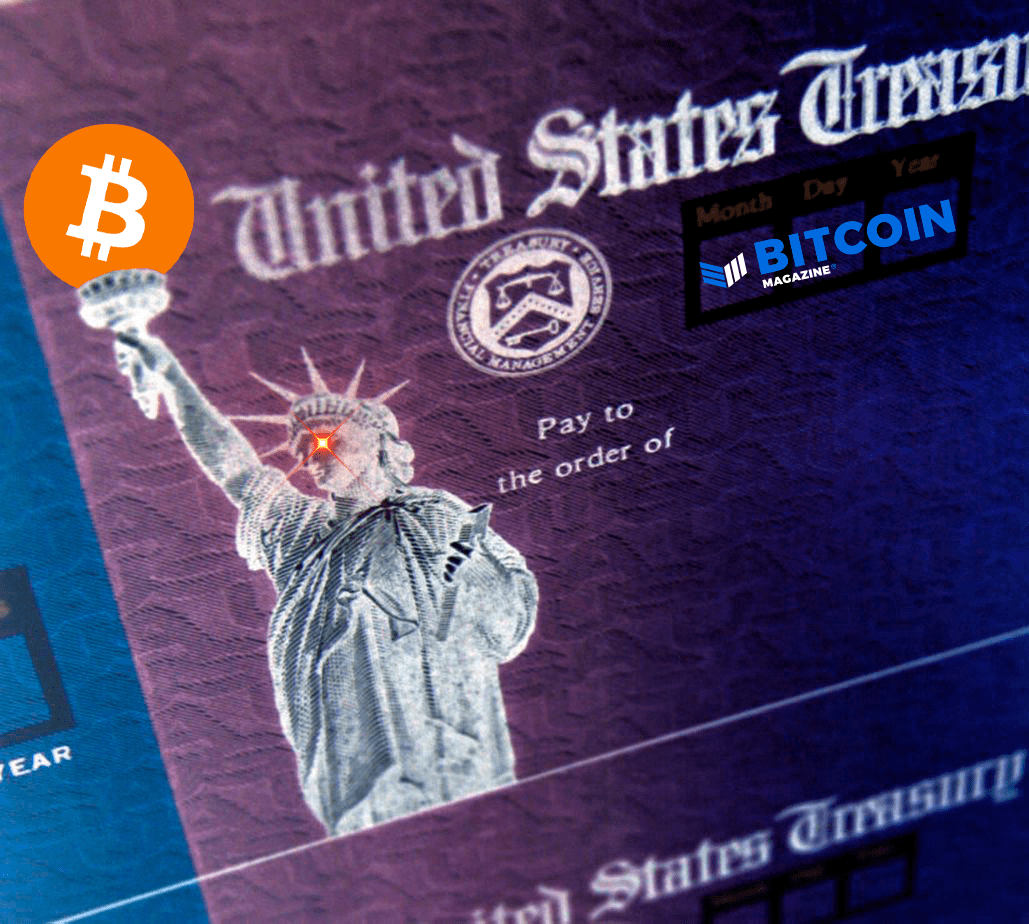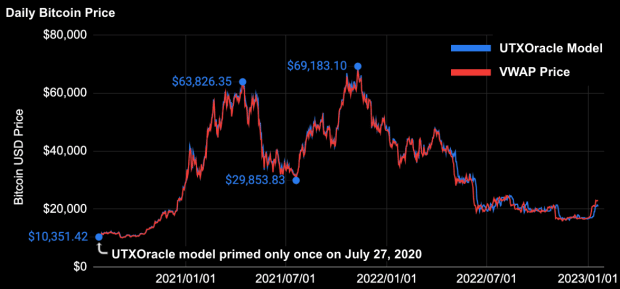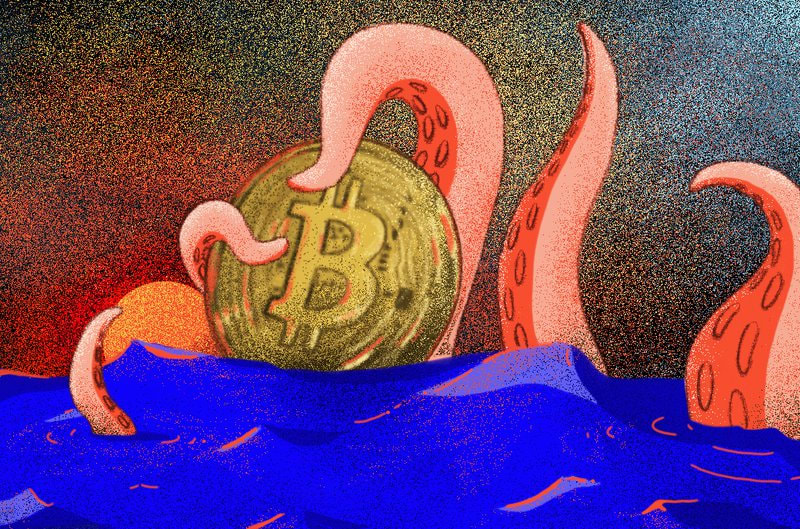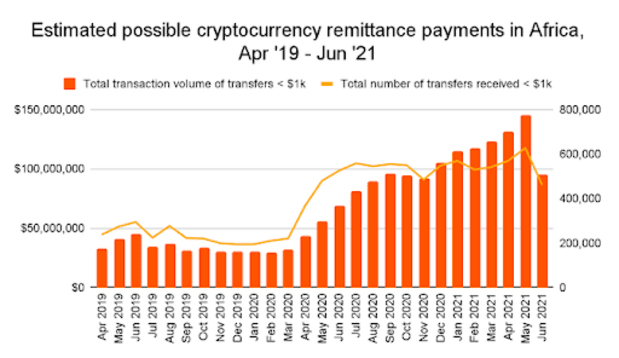A Bipartisan Case For Bitcoin
Bitcoin need not be a politically splitting idea, as there are benefits to be had from progressives and libertarians alike.
As the U.S. Senate approaches the finish line of the upcoming infrastructure deal, Coindesk has reported that congress is considering legislation with an escalating adversarial posture against the nascent digital asset industry. These policy changes need to be thoughtfully scrutinized rather than rushed, as they risk creating unintended consequences.
Physical infrastructure does not need to compete with emerging digital financial infrastructure. Like the early days of the internet, Bitcoin represents a digital infrastructure that can unlock economic opportunities for progressives and libertarians alike.
Approximately 1 in 6 Americans now owns cryptocurrencies, and nearly 80% of millennial consumers are interested in learning about cryptocurrency to understand them better. You do not want to demonize this voting block as “shadowy super coders.” Policy leaders would be well served with a reminder that Bitcoin is a liberating technology that holds appeal across the political spectrum. Here’s a brief reminder of Bitcoin’s bipartisan appeal:
Why Progressives Like Bitcoin:
– Financial inclusion: Bitcoin can bank the underbanked – creating a more inclusive financial services infrastructure where anyone can store and send money, unencumbered by discrimination. Over 14 million Americans are unbanked and nearly 50 million Americans are underbanked even in 2021, and these figures disproportionately impact Black and Hispanic households. Rather than leaving these households to be serviced by predatory lenders, progressives would be well served by embracing a technology which makes access to financial services as easy as access to the internet.
– Incentivize greener energy: Bitcoin’s incentive design rewards cheaper energy production. Climate change advocates would be happy to understand how this design can accelerate the global energy transition to renewable energy, particularly solar and wind energy. This represents an opportunity for Americans to make productive use of excess energy, to create jobs, and to continue to lead with innovations that help the transition to a greener future.
Why Libertarians Like Bitcoin:
– A free market of sound money: Libertarians looking to minimize government intervention should be attracted to the free market nature of Bitcoin. As early as 2021, the European Central Bank recognized Bitcoin as an asset built upon Austrian economic principles – principles which embrace a market based approach to creating financial wealth for the next generation of Americans.
– Strong property rights: The right to own property is enshrined in Article 17 of the Universal Declaration of Human Rights, and similarly emphasized in the United States constitution. Defenders of civil liberties will find that Bitcoin supports the Fifth Amendment (right to private property), and the Fourth Amendment (protection from unreasonable searches and seizures). Private property ownership is the basis for economic prosperity, and digital assets represent a new frontier to extend these modern civil rights.

Regardless of your political beliefs, Bitcoin represents an opportunity to liberate people from authoritarian suppression. As early as 2013, young girls in Afghanistan without access to banking services were able to make money online by accepting Bitcoin. PayPal wasn’t available in the country at the time – but Bitcoin gave them a permissionless path towards prosperity. These are the very human faces of the people we are looking to liberate – you do not want to demonize them.
Yes, we need regulatory clarity and we need to pay our fair share of taxes. But you need to be thoughtful not to destroy an emerging digital financial infrastructure by pitting it against physical infrastructure. This industry enjoys bipartisan support from voters – and lawmakers should be well served by embracing this innovation rather than antagonizing this voting bloc.
This is a guest post by Ammar Naseer. Opinions expressed are entirely their own and do not necessarily reflect those of BTC, Inc. or Bitcoin Magazine.









